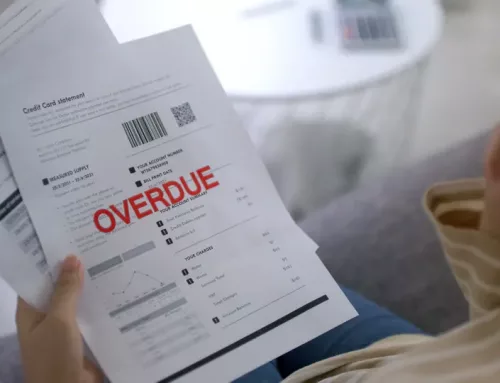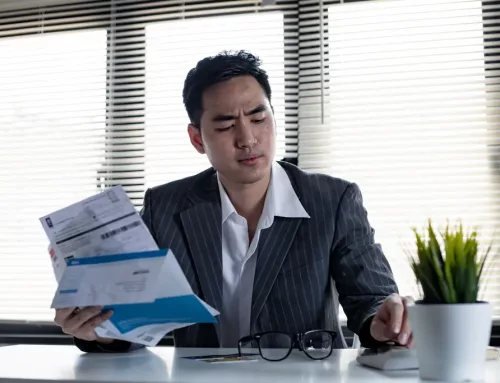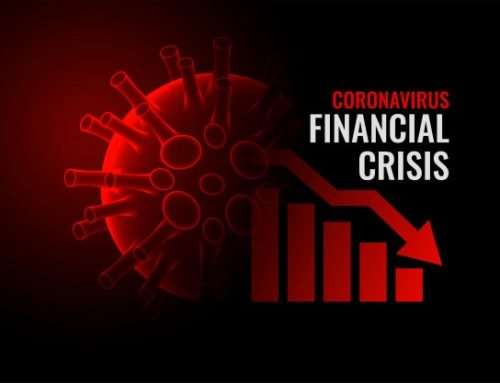A bankruptcy declaration is something you need to think through many times. Dealing with overwhelming debts is not easy, and trying to stop foreclosure and repossession is not accessible if you cannot bring current payments for secured loans. If you can file a petition in bankruptcy, you will be protected by a federal court through the automatic stay. However, under relevant bankruptcy laws, you must meet specific requirements before you can declare bankruptcy.
If you are considering bankruptcy, seek legal advice from reliable Phoenix bankruptcy lawyers. Filing for bankruptcy is not easy, but it can help you have a fresh start financially.
This article will focus on a liquidation bankruptcy. Specifically, it will cover the following topics:
- An Overview of Filing a Bankruptcy Petition
- Choosing Between the Different Types of Bankruptcy
- Going Through the Bankruptcy Process
…
…
An Overview of Filing a Bankruptcy Petition
The different types of bankruptcy have advantages and disadvantages. The two most common bankruptcy forms are Chapter 7 and Chapter 13 bankruptcy. Filing Chapter 7 is generally ideal for those who wish to have debts that include credit card bills, medical bills, and personal loans wiped out. However, if you have non-exempt assets that you would not want the trustee to liquidate, a Chapter 13 reorganization bankruptcy is often a better way to stop repossession. Both bankruptcy chapters will stay on your credit report several years after bankruptcy, although Chapter 7 tends to stay longer. While it could be difficult to find credit while you are bankrupt, there are various ways of eventually improving your credit score.
…
…
Choosing Between the Different Types of Bankruptcy
To know which bankruptcy case is the best choice for you, it helps to ask the following questions:
- Are most of your financial problems medical debts and credit card debts?
- Are you behind on home mortgage or car payments and wish to make these up?
- Do you have a co-signer on any account in arrears, and do you want to have them protected while I pay off what I owe and clear the co-signed debt?
- Do your debts include child support, student loans, or recent taxes that most likely cannot be discharged by Chapter 7, but paying off what is owed from other lender types would help wipe off these debts?
Those who wish to file for bankruptcy must be familiar with its essential requirements. In general, no bankruptcy petition must have been filed in recent years, and none has been filed and dismissed in the last 180 days, mainly because of failure to appear or comply with orders from the court. If you are declaring bankruptcy under Chapter 13, your total unsecured debt must be below $394,725, while your total secured debt must be below $1,184,200.
In contrast, there is no minimum or maximum amount of debt for a Chapter 7 bankruptcy proceeding. As long as your disposable income must be below the state median income, you may automatically qualify. This number can vary from state to state, so make sure to check with a knowledgeable Phoenix bankruptcy attorney. If your disposable income exceeds the state median in your state, you still may be able to qualify since the bankruptcy means test also takes into account reasonable living expenses.
…
…
Going Through the Bankruptcy Process
Once the bankruptcy court has approved your petition, you will automatically benefit from bankruptcy protection, and the stay shall be effective. It prohibits creditors and debt collectors from demanding payments from you and will essentially stop wage garnishment and protect you from creditor harassment.
When you declare bankruptcy, you will be required to undergo a credit counseling and financial management course. The completion of the courses is needed to file bankruptcy Chapter 7 and receive a bankruptcy discharge. The courses usually take up to 90 to 120 minutes and will teach you valuable financial management skills that will help you restore your credit rating.
Talk to a Phoenix Bankruptcy Lawyer Today!
If you file for bankruptcy, attorney fees and filing fees may seem like unwanted expenses. However, even if it may cost you a certain amount of money, the legal services of a reliable Phoenix bankruptcy attorney will be worth the guidance that they will provide.
There will be certain advantages and disadvantages in filing bankruptcy, depending on the financial condition of an individual. Knowledgeable Phoenix bankruptcy lawyers can help you go over the benefits and drawbacks of Chapter 7, depending on your actual bankruptcy case. Contact our Phoenix bankruptcy law firm today. At Phoenix Fresh Start Bankruptcy, we will help you make an informed decision that will help you resolve your financial problems.












